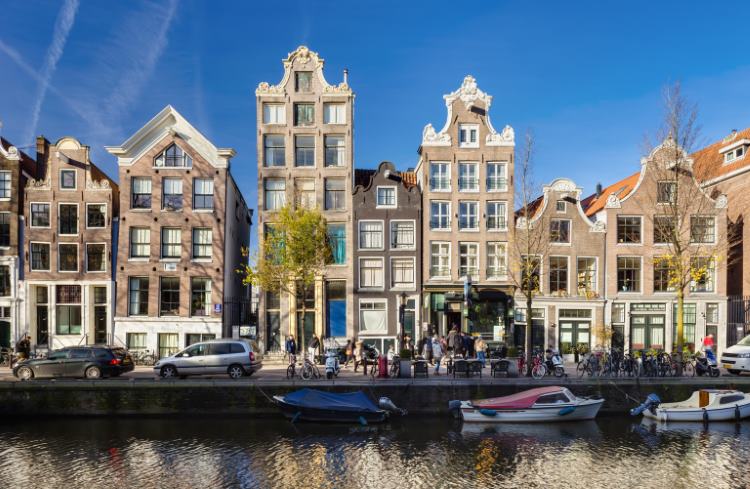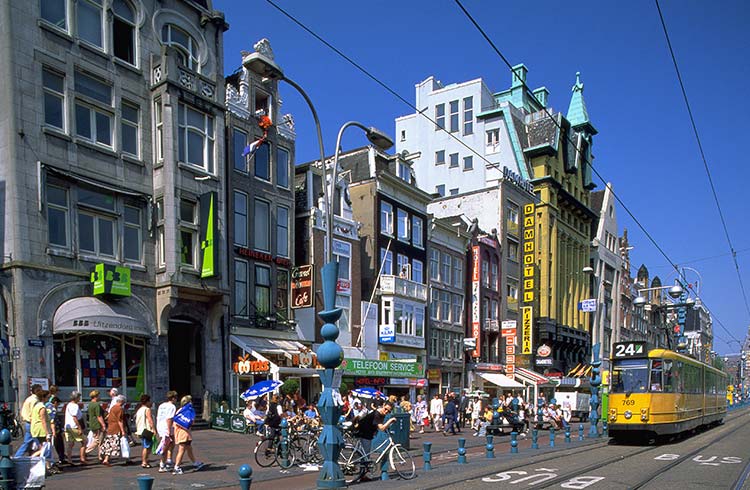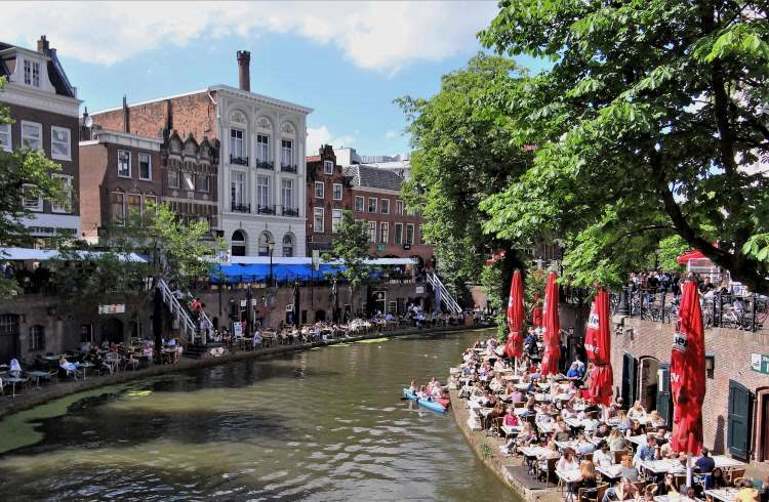Latest Travel Alerts and Warnings for the Netherlands
What are the issues affecting travelers in the Netherlands? Read the latest travel warnings and alerts.
 Photo © Getty Images / Jorg Greuel
Photo © Getty Images / Jorg Greuel
Coronavirus (COVID-19) travel restrictions in the Netherlands – updated 22 October 2021
An EU entry ban is in effect for people from countries outside the European Union. This means they are not allowed to enter the EU or the Schengen area and therefore the Netherlands. There are exemptions to the entry ban. People arriving from certain countries who have been fully vaccinated can enter the Netherlands, for example.
All travelers aged 12 and over must self-quarantine for 10 days on arrival in the Netherlands after a stay in a very high-risk area. From 22 September onwards, travelers who are fully vaccinated do not have to quarantine. However, travelers from a very high-risk area must still provide a negative COVID-19 test. Travelers must be able to show proof of vaccination.
All travelers must complete a quarantine declaration form, even if you fall into an exemption category.
Travelers must show a negative COVID-19 test result if they are traveling to or returning to the Netherlands from outside the EU/Schengen or a COVID-19 risk area within the EU/Schengen. This requirement applies to everyone aged 12 or over. There are some exceptions. For example: people travelling within the EU who can show proof of vaccination or proof of recovery (a Digital COVID Certificate) do not have to show a negative COVID-19 test result.
This checklist offers more details regarding entry.
What to expect when visiting the Netherlands
Most businesses are open, subject to certain conditions. Some locations may require visitors to show a coronavirus entry pass. Check here for current Dutch measures against COVID-19.
Related articles
Simple and flexible travel insurance
You can buy at home or while traveling, and claim online from anywhere in the world. With 150+ adventure activities covered and 24/7 emergency assistance.
Get a quote

No Comments